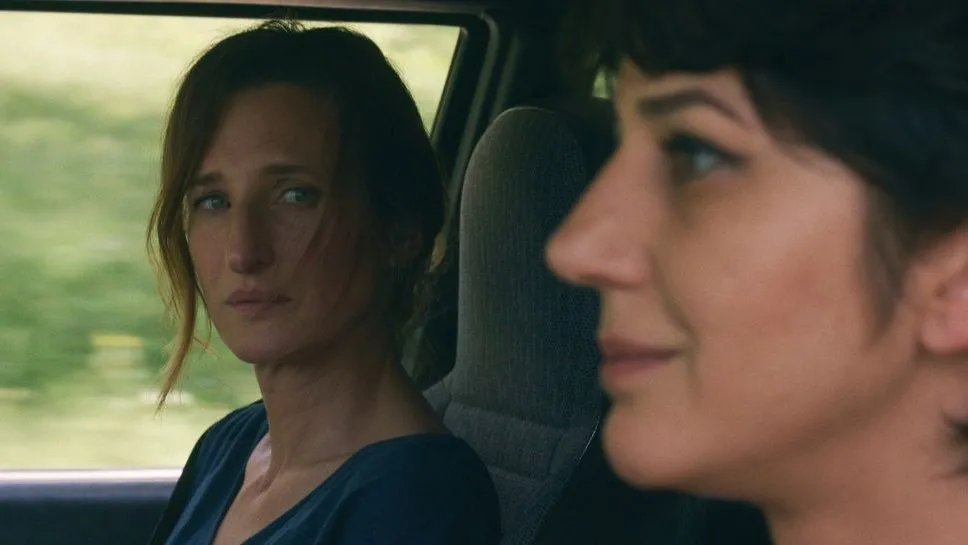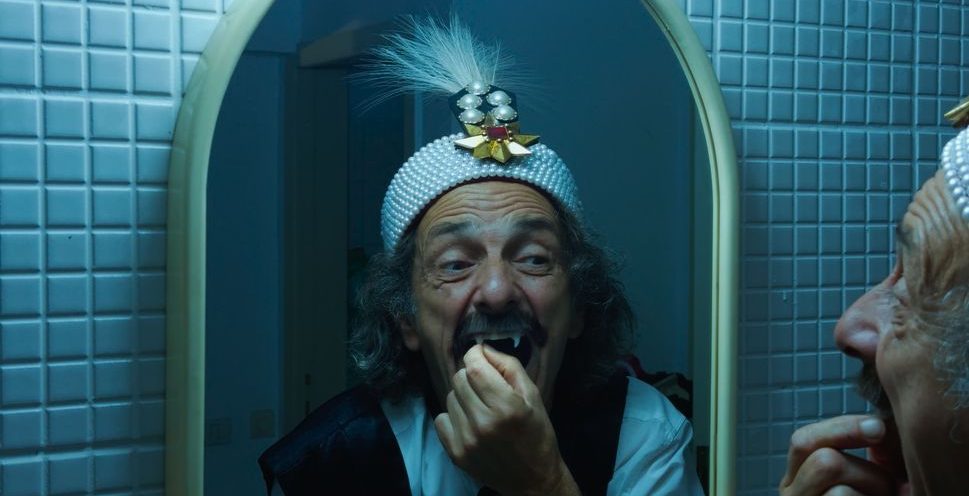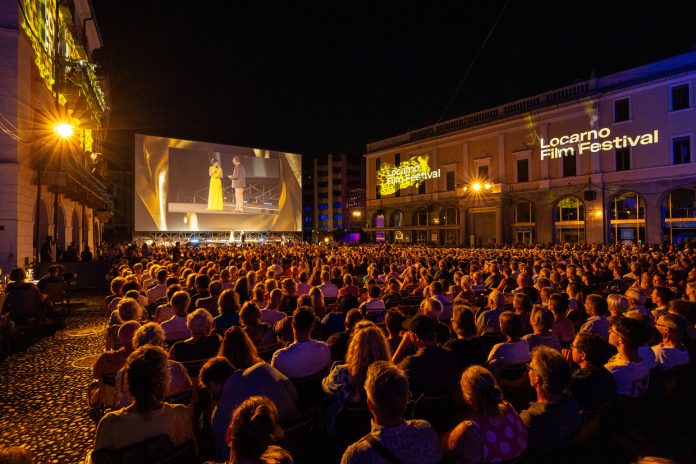The Locarno Film Festival opens tomorrow, 6 August, with the launch of its 78th edition — a programme poised to balance the open-air grandeur of its iconic Piazza Grande with a bold, auteur-driven competition. The opening ceremony will feature the out-of-competition screening of In the Land of Arto, the fiction debut of Armenian director Tamara Stepanyan: an emotionally resonant and politically charged film that sets the tone for a festival which last year awarded the Golden Leopard to Saulė Bliuvaitė’s debut feature Toxic.

Stepanyan’s film was no arbitrary choice as the festival’s calling card. In the Land of Arto (Le Pays d’Arto) begins as a story of personal grief and unfolds into a journey of discovery. When her husband, Arto, dies suddenly, Céline — portrayed by Camille Cottin — travels to Armenia in search of his birth certificate. What starts as a private act of mourning becomes a confrontation with the truth of his past — a past entangled with a nation scarred by conflict (in Nagorno-Karabakh), earthquakes, and forced migrations. Drawing on her documentary background, Stepanyan brings a deeply felt sensitivity to her fiction work.
The international competition, presided over by Cambodian filmmaker Rithy Panh, promises to be one of the most intense in a decade, gathering 18 feature films. Among the contenders, three figures stand out — each representing a radically different vision of contemporary cinema.
The most anticipated — and controversial — return is that of Abdellatif Kechiche with Mektoub, My Love: Canto Due. The Franco-Tunisian director, who won the Palme d’Or in 2013 for Blue Is the Warmest Colour, has remained on the margins of the festival circuit amid controversies over his filmmaking practices. This new chapter in his Mektoub saga promises an even longer, more sensorial immersion into the lives of a group of young friends in Sète, France. With its handheld aesthetic and sumptuous runtime, Kechiche continues his intimate exploration of conversation, desire, and friendship — a cinema of rhythm and intimacy that divides as much as it enthrals.

From the other side of Europe, Romanian director Radu Jude returns to Locarno with Dracula, a film set to dismantle the vampire myth. Far from a conventional adaptation, the film is described as a chaotic, ironic collage — blending a vampire hunt, zombies, a workers’ strike interrupted by Dracula, and even AI-generated narratives. Known for his incisive, formally daring cinema, Jude uses the myth as a tool to excavate the history and identity of Transylvania, transforming the film into a cinematic essay on memory, capitalism, propaganda, and the absurdity of violence.
Finally, attention turns to Yakushima’s Illusion, a Franco-Japanese co-production by Naomi Kawase, starring Vicky Krieps. The film follows Corry, a paediatric coordinator from a French heart transplant unit, who is sent to a hospital in Japan to improve its transplant programme — a delicate mission in a society where organ donation remains a taboo subject.
The festival will also pay tribute to Jackie Chan, who will receive the prestigious Artistic Achievement Award and present classic screenings of Project A and Police Story. Other honourees include Emma Thompson (Leopard Club Award), Lucy Liu (Career Award), Milena Canonero (Vision Award), Alexander Payne (Pardo d’Onore), Georges Schoucair & Myriam Sassine (Locarno Film Production Award), Marcel Barelli (Locarno Kids Award), and Golshifteh Farahani (Davide Campari Excellence Award).
Still on the festival’s programme, there is a retrospective dedicated to post-war British cinema, curated by Ehsan Khoshbakht in partnership with the BFI National Archive, which will celebrate filmmakers such as David Lean, Carol Reed and Powell & Pressburger, and highlight the role of exiled directors and women such as Muriel Box and Margaret Tait.
The festival runs until 16 August.


